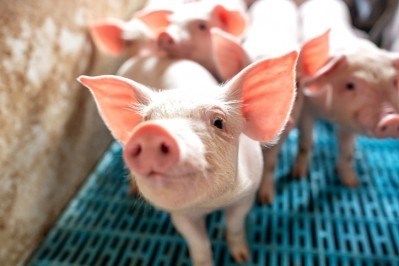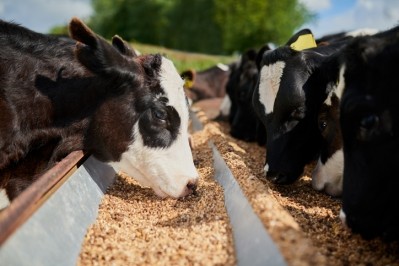Dispatches from Amino Acid Academy in Paris
‘Fundamentals of protein metabolism not fully understood'
The European Federation of Animal Science (EAAP) and amino acid manufacturer, Ajinomoto Eurolysine, organized the event. They said the conference looked to challenge the accepted norms around the use of feed grade amino acids in animal production, from both a nutrition and sustainability perspective.
Animal scientists from multiple countries attended - the delegates heard that some of the key drivers for the event included the lack of protein self-sufficiency in Europe, and the role amino acids can play in helping to remedy that.
We caught up with Alfons Jansman, senior scientist at Wageningen Livestock Research in the Netherlands, one of the speakers at the Academy, and asked him to sum up the key insights from the inaugural event.
He said the conference demonstrated what the livestock industry has achieved in the past ten to 15 years in terms of a reduction of protein content in broiler and pig diets but also showed up gaps in knowledge in terms of both amino acid science and the ways to further improve nitrogen utilization in animal production.
“We can reduce the concentration of protein in the diet for broilers and pigs substantially. Compared to 10 or 15 years ago, the levels can go down by up to 20% today by the use of free amino acids with no negative effects on performance [of the animals]."
Amino acid functionality beyond protein building
One of the speakers, Paul Moughan, based at Massey University in New Zealand, argued that the five key fundamentals of protein metabolism are still not fully understood, but that the use of tools like omics, epigenetics and new insights into gut microbiology could guide the way in that regard.
Commenting, Jansman said: “Amino acids have functions other than just being building blocks for protein, and in order to translate that into requirement values, we need to know more about fundamentals about the metabolic utilization of amino acids in the body for specific functions.
“So we need more mechanistic studies on how dietary amino acid levels not only influence protein synthesis in the body but also, for example, the synthesis of specific molecules that are essential for life, that are essential for a fully operating immune system.”
Alternative proteins
Speakers also noted the lack of data on the amino acid levels in novel protein feeds including insects or seaweed.
“In order to be able to use them [alternative proteins] in feed, it is very important to correctly characterize their nutritional value including their protein value and their amino acid value; so we need to do more studies on determining the digestibility of protein and amino acids in these resources.”








